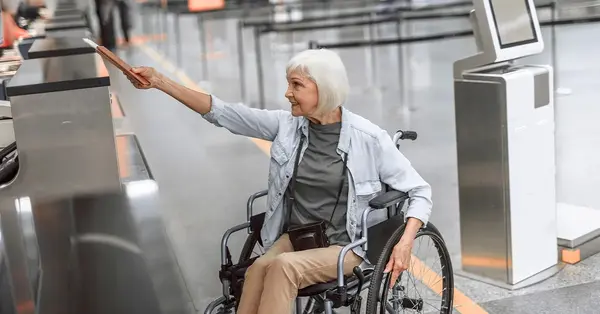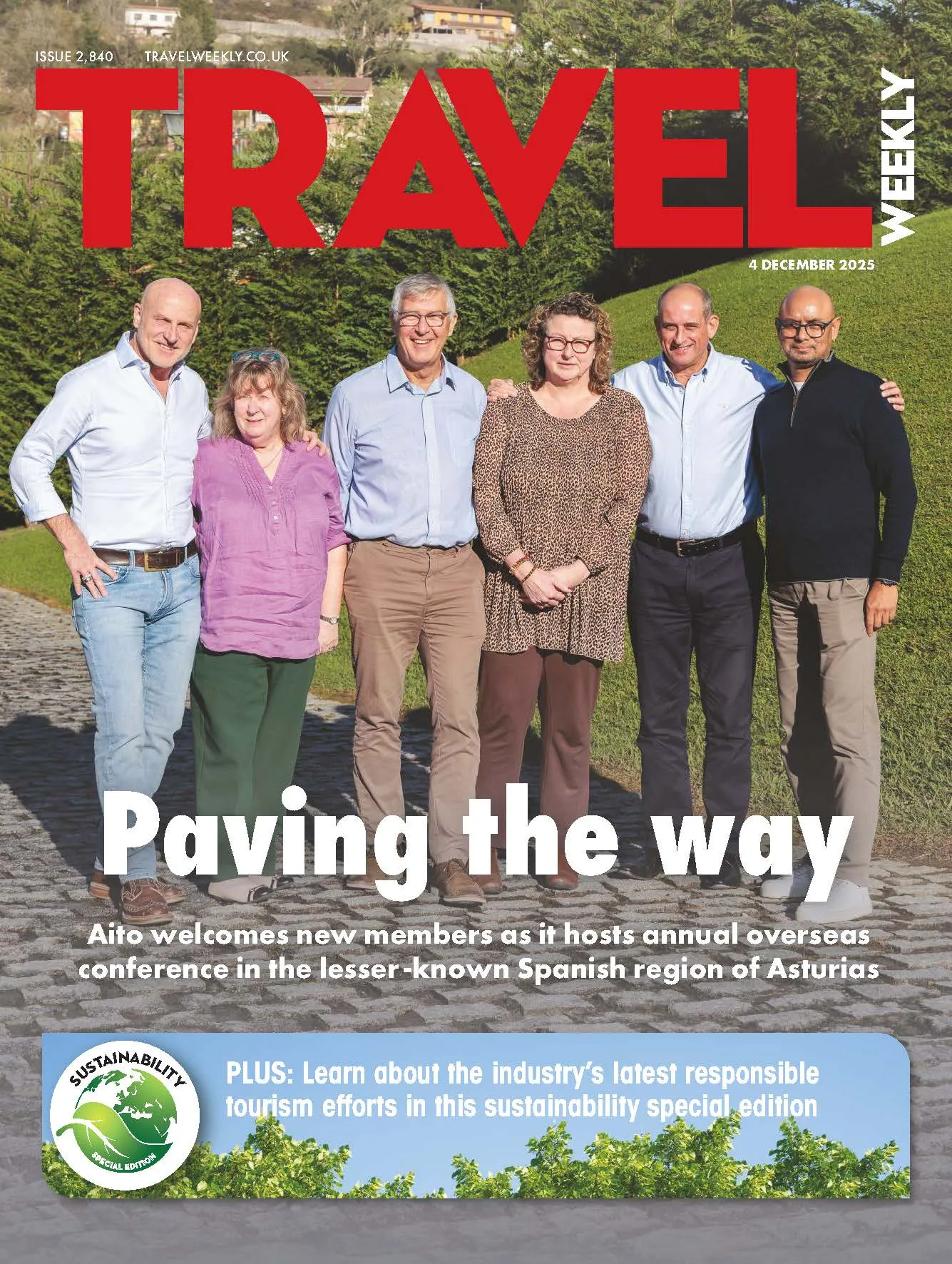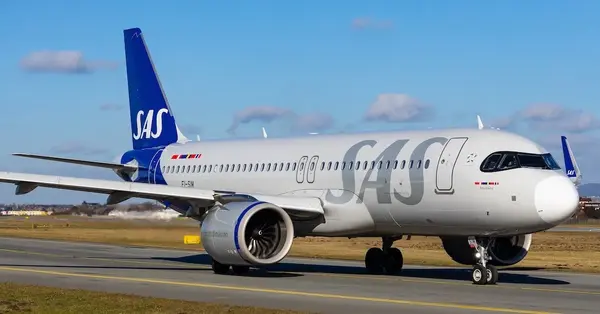You are viewing 1 of your 2 free articles
Comment: How can we safely encourage travel in the era of the pandemic?
Safe travel, in some capacity, will be up for debate for some time. It’s not about whether people need to go abroad; this is personal.
Some instances, increasingly fewer as time moves on, might be for work – although Zoom, Teams and Skype provide something of a solution to this – but others might simply be because people rely on holidays for their mental wellbeing, to see family members or simply to escape.
With economists predicting unemployment rates in Spain will rise from 14% to 23% due to the crisis for its leading tourism sector, if we are to ensure the already troubled travel industry doesn’t completely crumble, and until we know how to manage infectious diseases like Covid-19, we must work together, globally, to ensure the safest travel possible. But how should this look?
At present, the current guidance following the return of all countries outside of the government labelled ‘travel corridors’ requires travellers to self-impose a 14-day unconditional quarantine. At this stage of the pandemic, with lockdown measures easing and then tightening frequently, I would expect to see this suggestion being imposed for more destinations too.
Not only is this frustrating following mixed government advice, but forcing people to remain in their homes for two weeks is equally inefficient for business and significantly detrimental for the already troubled travel industry.
The outcome? People will either be unable to work upon return, halting business productivity, or won’t be able to take the time off work, and will therefore be unable to travel, further impacting the already damaged economy of the destinations with quarantine restrictions attached to them.
Neither are realistic outcomes for the UK economy or for European economies that survive on tourism. Figures from the official Eurostat agency display the serious trouble the Eurozone is already in; Spain’s economy shrank by a fifth in the April to June period, Italy’s economy contracted by 12.4% and France’s economy has also taken a significant hit, with GDP falling by 13.8% in the lockdown period. More locally, Heathrow is one of the busiest airports worldwide. If arrivals are forced to quarantine for 14 days, they’re frankly not going to bother.
While a number of commentators suggest airport testing should be implemented to negate this blanket fortnight quarantine, this is fundamentally not operational to foist onto the UK. Straight off the plane testing will not provide accurate results as, without a sufficient incubation period, this testing just does not work and, on most occasions, will be too soon to show anything so will provide unreliable results.
The accuracy isn’t all we should be considering when questioning the legitimacy of this process, though; it’s also the time. Every day we’re seeing tests developed at quicker rates, but no test shows an answer immediately and this is where complex logistics get even trickier. Do airports insist travellers stay within the confines of their buildings until their tests come back? This has shades of Tom Hanks in Terminal. Or, do they allow passengers to travel home and await their results there, potentially taking a heaving tube, a busy bus or a taxi, infecting many in their path?
Neither immediate airport testing or blanket fortnight quarantine are the correct solution; there is a balance to be had. As always, keeping the infection rate at bay is the priority and at no point has this been questioned.
Instead of testing those who have travelled immediately, quarantine should still be imposed, but to a far lesser extent. This quarantine would only need to be between four and eight days, at which point those travelled – and those who they live with, if they haven’t travelled – should be tested for the virus itself. This allows for the incubation period to be met and will mean that infection will be shown. At that point, if the tested individual is not Covid-19 positive, they can return to work, informed and healthy.
While such tests aren’t free at present, this route should absolutely be encouraged for the foreseeable future. It should be thought of in the same way travel insurance is; a travel essential. It isn’t free, but it protects from dangers when travelling.
It is not a solution to impose such restrictions which discourage travel as a whole such as the fortnight quarantine, thus the onus is on the individual and the travel companies to ensure their own safety if they choose to travel. It is naive to think the new normal won’t encompass some changes, including incurring additional costs to things we once didn’t have to consider. Whether this requires the individual to pay for their own test, or including this within a travel provider’s offering, this is how we see a successful and safe return to travel in the future.
Companies like GPDQ offer private testing services with such ease that, really, all that is standing in the way is the morality and the payment of the test itself. In sum, if you find it integral to travel, you must also be equipped with the tools to protect yourself and those around you. It’s simple to implement, you just have to be on board.

















